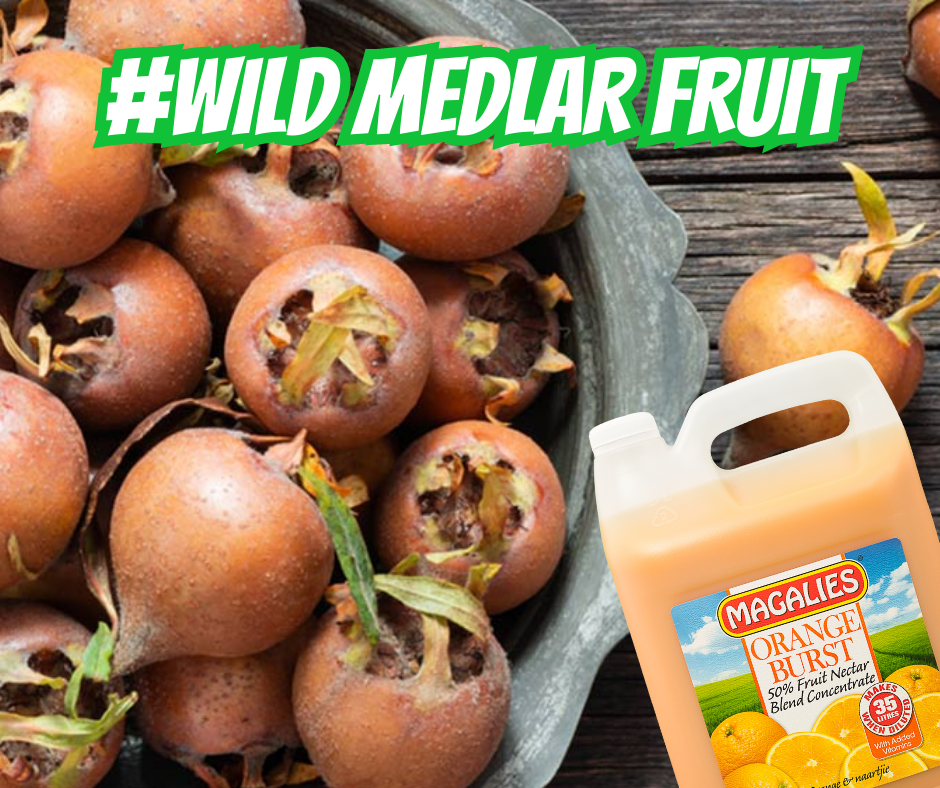by Dr. Marli Botha
The Aloe vera plant grows in the dry and hot areas of Africa. It is usually stemless, and has a thick rosette of long, fleshy, thorny leaves. Both the gel and the juice come from the fleshy inner section of the leaf and are filled with complex polysaccharides, amino acids, minerals and important enzymes.
Here are 5 more interesting facts about Aloe Vera:
- Traditional healers uses aloe vera for its anti-inflammatory properties, and is widely known to relieve sunburn and help heal wounds.
- In a 2014 study published in the Ethiopian Journal of Health Sciences, researchers found aloe vera extract to be a safe and effective alternative to chemical-based mouthwashes. The plant’s natural ingredients, which include a healthy dose of vitamin C, can block plaque. It can also provide relief if you have bleeding or swollen gums.
- You can use aloe vera to keep your skin clear and hydrated. This may be because the plant thrives in dry, unstable climates. To survive the harsh conditions, the plant’s leaves store water. These water-dense leaves, combined with special plant compounds called complex carbohydrates, make it an effective face moisturizer and pain reliever.
- The latest in aloe vera trends is the introduction of aloe-based drinks, such as aloe vera juice and aloe vera water. The plant juices are usually mixed with citrus to make aloe vera juice or water to make aloe vera water.
It is important to mention that no food is meant to be a cure-all for any condition, though there are certainly health and skin benefits contained within them. The one thing you should always do before using a new skin care product is to do a patch test to look for allergies and sensitivities. If you suffer from a chronic medical condition, consult your healthcare practitioner before using this product.

























